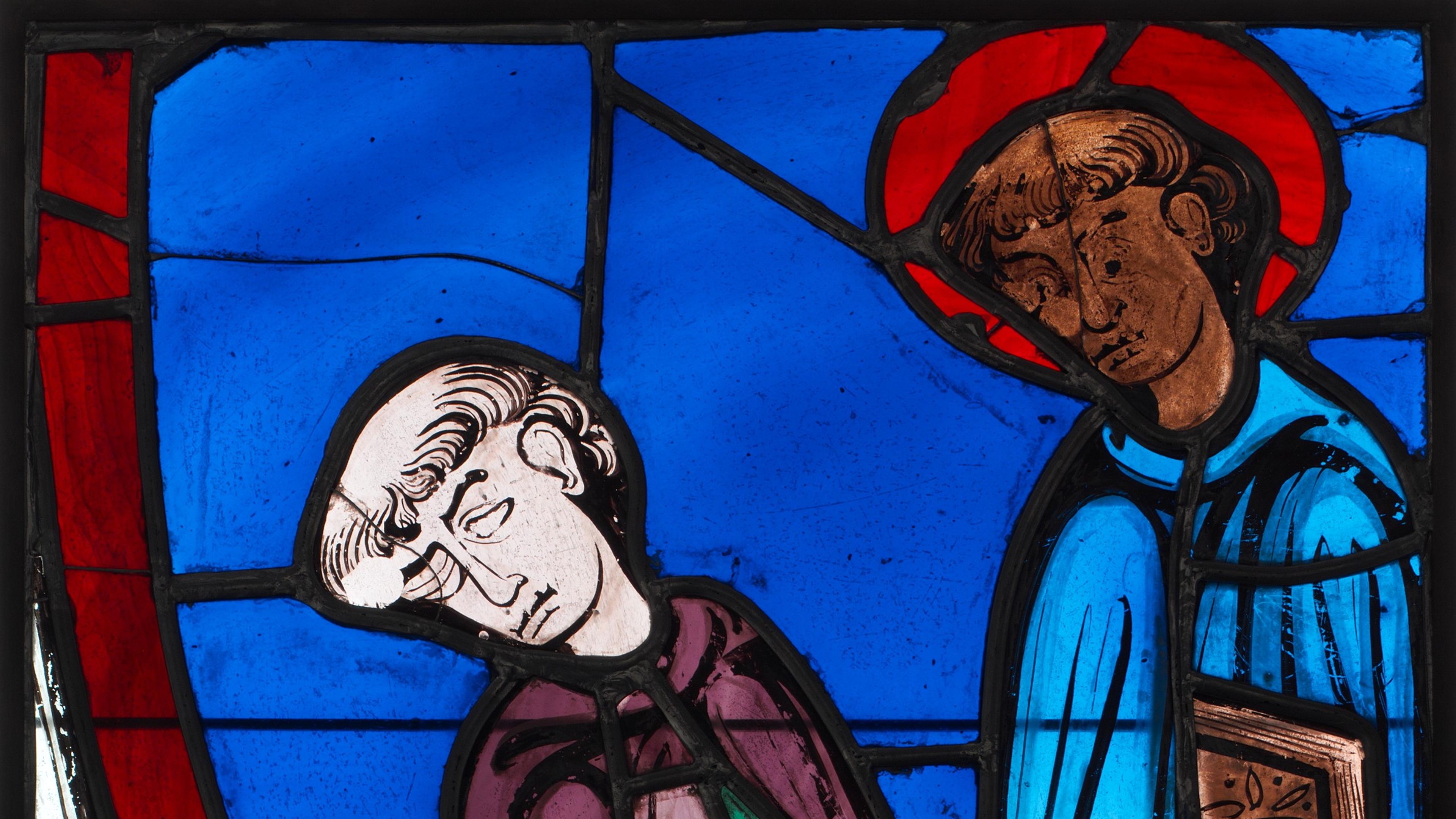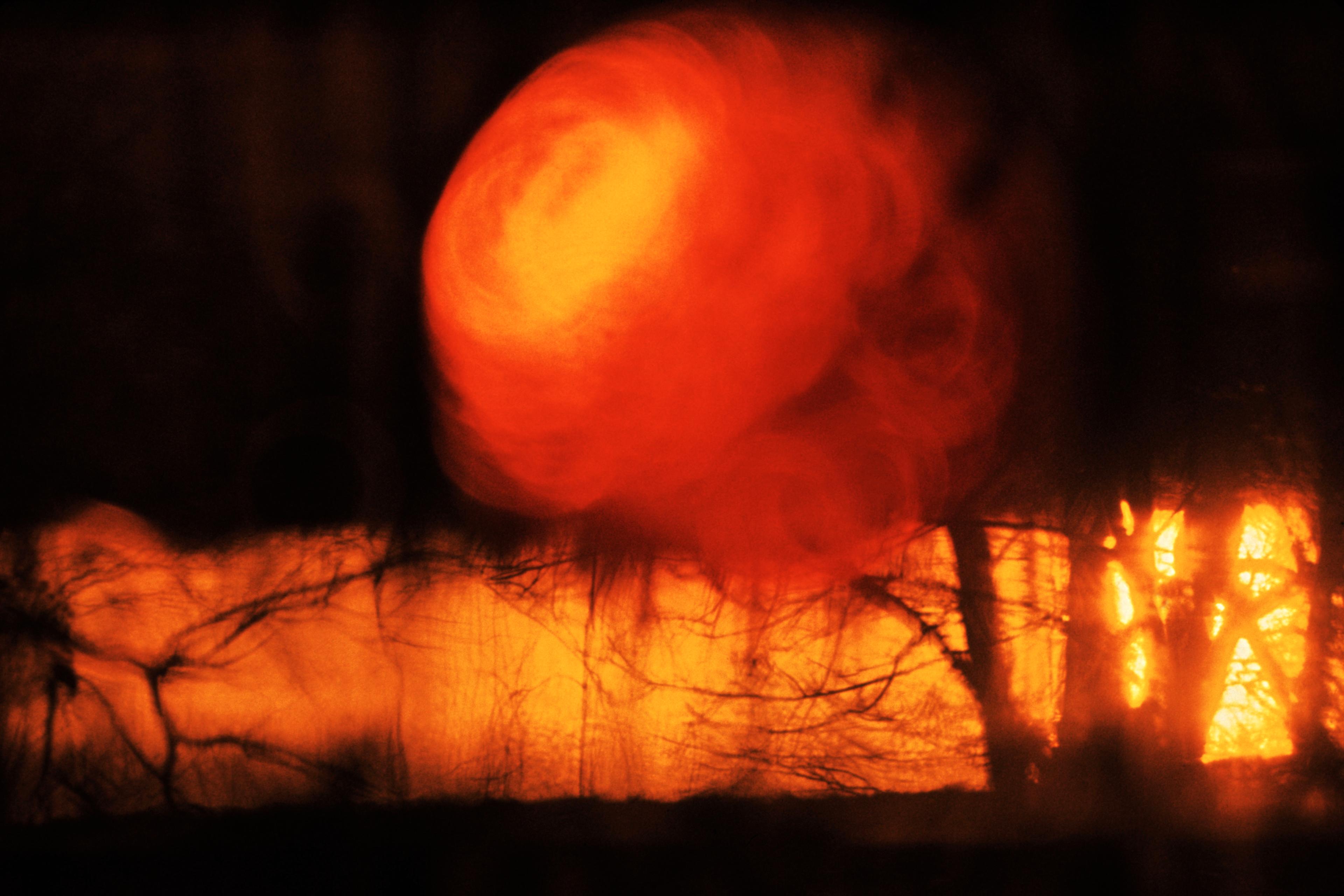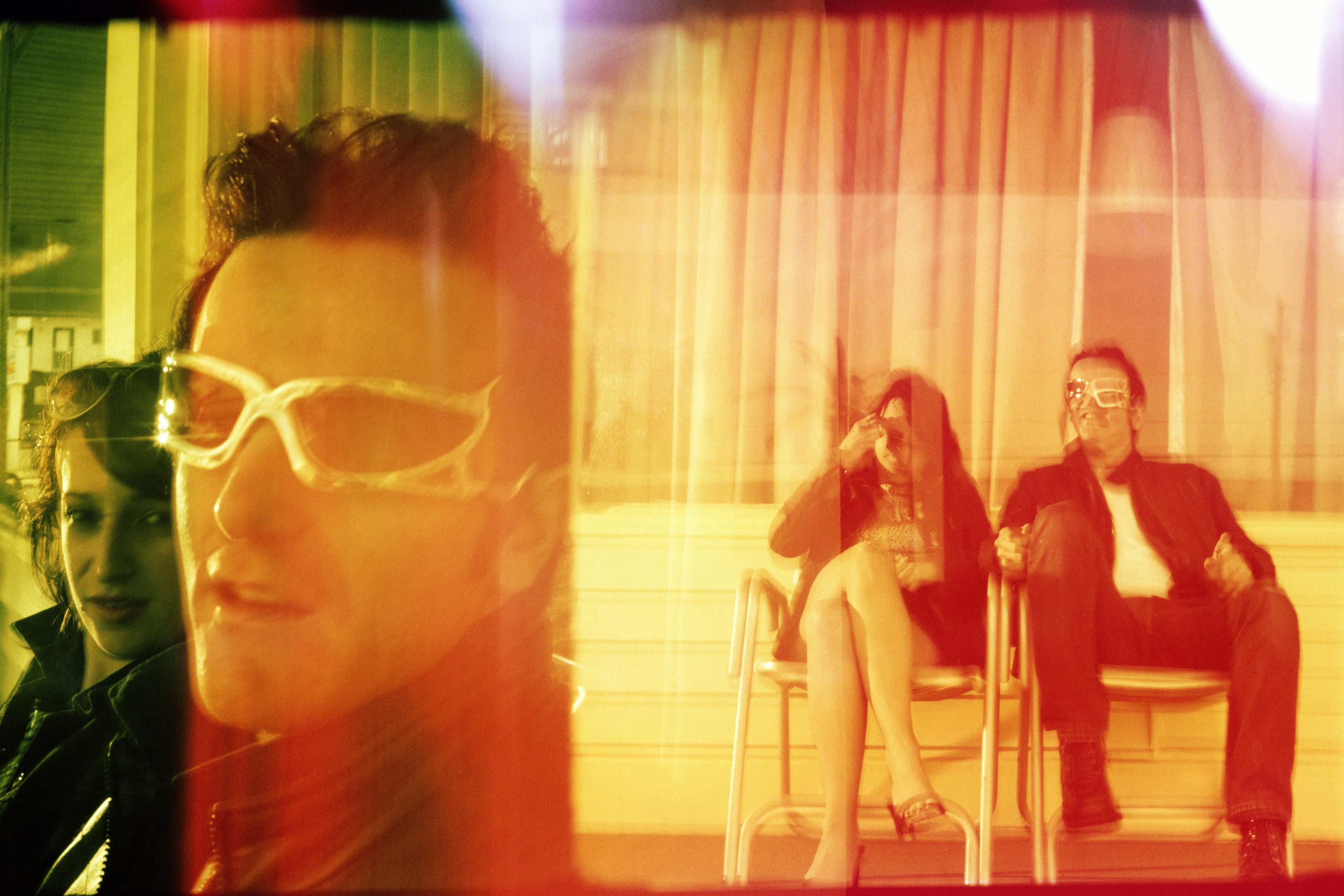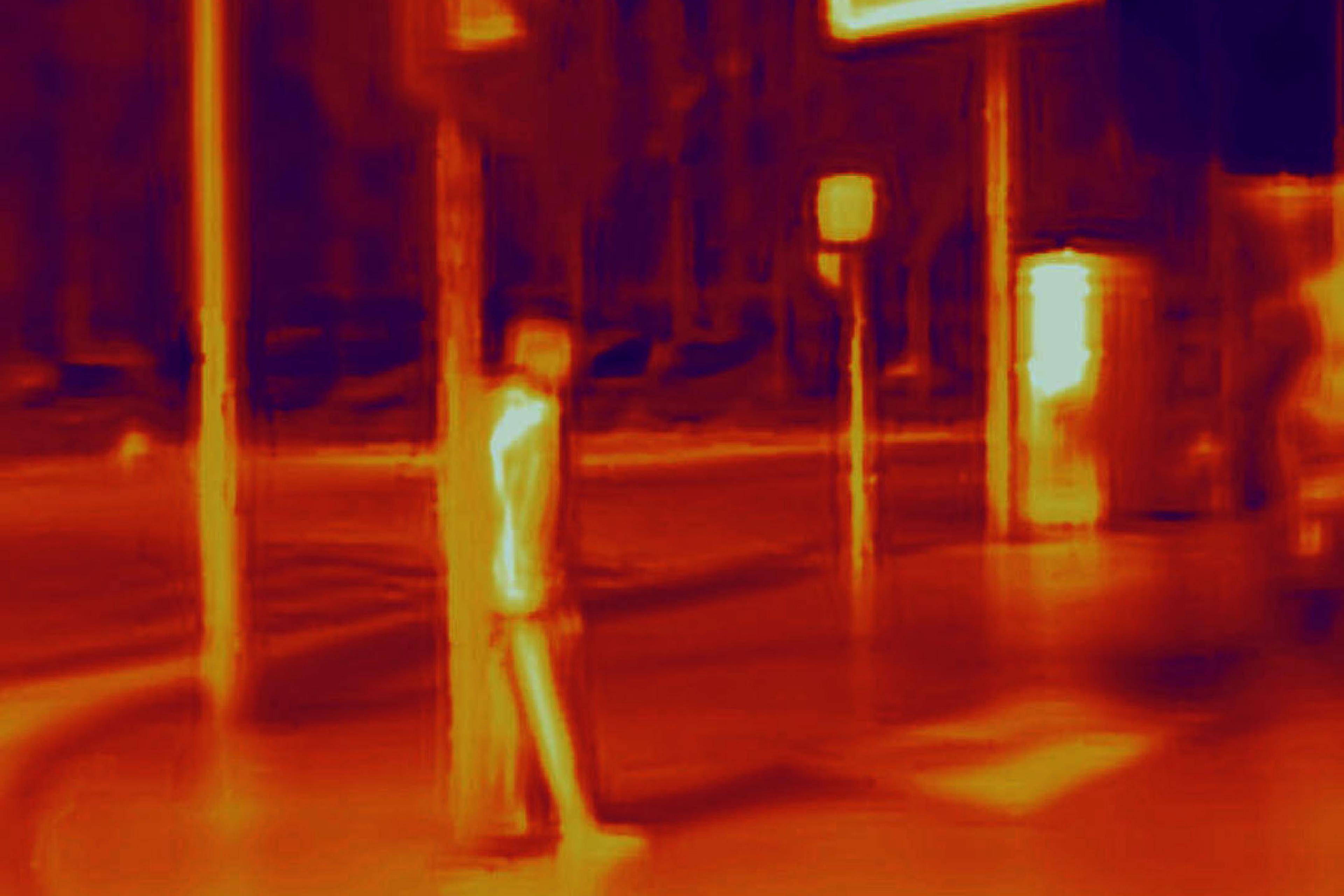In 1901, William James stood at the podium in a lecture hall at the University of Edinburgh and gave the first in a series of 20 lectures supposedly on theology. He had been invited to present the prestigious Gifford Lectures on Natural Religion at the Scottish university, but he introduced himself as a scientist and psychologist, not a theologian. He chose to ‘hardly consider theology or ecclesiasticism at all’, he later wrote. Instead of discussing religious doctrine, he focused on altered states of consciousness reported by different people across time. He spoke of the visions, reveries and hallucinations of the Buddha, Jesus, Mohammed, St Francis, the leaders of Christian sects, atheists and nonbelievers, as well as other historical figures and even people living in his time. For many, these experiences were unusual and profound personal encounters with the ‘divine’ but the contents of these experiences were diverse. James described these kinds of experiences as ‘religious’ or ‘mystical’ or ‘forms of consciousness’ but insisted the precise label didn’t really matter. Their causes were legion. Some were even initiated by drugs, he said.
It was to be an unusual series of lectures, which would alter the trajectory of psychology in the 20th century. Perhaps strangest of all was that throughout his Gifford Lectures, held over two years, James neither denounced these experiences as insane delusions nor encouraged their use as a revolutionary answer to personal problems or society’s ills. He simply sought to systematically understand them and hoped future scientific disciplines would do the same. ‘How to regard them is the question,’ James later wrote, ‘for they are so discontinuous with ordinary consciousness.’ But his question has now been mostly forgotten. Rather than seeking to understand these kinds of experiences, we turn toward a different problem: how useful are they?
I see the tension between understanding and use – between description and prescription – in my work as a research psychologist who studies experiences like those described by James, including experiences caused by psychedelics. I have come across many people who assume that research psychologists must be promoting or denouncing something, whether that is a drug, a treatment, an approach, a technique, a behaviour, a mental process, or an altered state. This kind of assumption creates an expectation that scientists must always be ‘for’ or ‘against’ the kind of unique experiences that interested James. These researchers must believe, or so the argument goes, that such experiences are either healing revelations of paranormal power or unhelpful illusions and delusions caused by chemical changes in the brain.
This kind of overly simplistic thinking is widespread. When I speak to audiences on the topic of spiritual experience, I am surprised by how many people struggle to accept that my motivation might be more like James’s: simple curiosity. As a society, we seem primed to suspect scientists of selling a particular view and, though there are good reasons for this, there are also real benefits to simply being curious and taking a descriptive, rather than a prescriptive approach. It is hard to be ‘for’ or ‘against’ so-called spiritual experiences, or to suggest that they ‘prove’ or ‘disprove’ something when we learn that atheists interpret them in non-supernatural terms while still benefiting from them, or that religious people can have experiences in keeping with their faith tradition and still struggle with them tremendously, or that all kinds of experiences can create confusing, mixed results that defy easy interpretation. This complexity of content, interpretation and outcomes is what James wanted to show.
The puzzle for James was not whether these experiences are ‘good’ or ‘bad’ or how they should be put to immediate use but, instead, how to understand them. Today, the field of psychedelic research has much to learn from the lessons James offered more than a century ago. To fully grasp our current impulse to label something as ‘good’ or ‘bad’ (useful or not), we should look back to the origins of modern psychology, moving from the 21st century to the time when James presented the Gifford Lectures. During the decades around the turn of the century, we find two very different psychologists who considered the value of altered states and ‘spiritual experiences’ more like we tend to do today: Sigmund Freud and Carl Jung.
In Civilization and its Discontents (1930), Freud wrote about profound personal experiences that were accompanied by an ‘oceanic feeling’ of oneness. During these powerful experiences (which James would have called ‘religious’ or ‘mystical’) a person would describe ‘being at one with the universe’. Freud claimed that he never had any such ‘oceanic feeling’, and that descriptions of them seemed strange to him – at least when they occurred outside of the context of romantic and sexual love. In fact, based on his lack of personal experience, he deemed such experiences psychopathological and believed the world they revealed was nothing more than an illusion. He admonishes the reader, prescriptively, to avoid such depths of experience. Rather than exploring these profound experiences, Freud quotes the poet Friedrich Schiller: ‘Let him rejoice who breathes up here in the roseate light!’ And so, Freud ultimately takes a position ‘against’ these complex experiences.
Complex, strange ‘spiritual’ experiences are often reduced to their use value as either good or bad
Jung’s view is roughly the opposite of his former mentor’s. He describes these experiences as ‘numinous’, or sometimes refers to them as ‘psychic death’ (which would later become more popularly known as ‘ego death’). These experiences were also characterised by feelings of awe and spiritual oneness, and could have a profound impact on a person’s life. Unlike Freud, Jung was familiar with experiences of this kind, and he eventually placed them at the centre of his system of psychotherapy, believing they revealed a hidden spiritual dimension of reality. In a letter to a colleague in 1945, Jung emphasised how important they were to his psychotherapeutic system: ‘But the fact is that the approach to the numinous is the real therapy and inasmuch as you attain to the numinous experiences you are released from the curse of pathology.’ Jung would, in all senses of the term, ‘prescribe’ such experiences to his patients due to his belief in their healing power and their capacity to reveal certain truths about reality.
Today, Freud and Jung’s approaches appear to have prevailed. Complex, strange ‘spiritual’ experiences – whether ‘numinous’ or ‘oceanic’ – are often reduced to their use value as something either good or bad. I see this in the context of discussions about psychedelic experiences among ‘super-enthusiasts’ and ‘super-sceptics’ who take overly positive or negative positions that both go beyond the evidence. This reduction to good or bad is especially obvious on social media, where extreme positions are algorithmically rewarded and cherrypicking amazing or awful anecdotes has become normalised. I wonder: could a return to James’ curious approach bring our collective perspectives more in line with the available data?
James, the ‘father of American psychology’, was born in 1842, more than a decade before Freud, and three decades before Jung. James’s unique approach to complex, strange experiences emerged while studying in Europe, where he learned to combine German laboratory techniques with the philosophy of British empiricism. He was trained as a physician, wrote the foundational textbook of psychology, and helped to establish the philosophical school of pragmatism. He also came from one of the most influential literary families in the country – his brother was the novelist Henry James and his sister the influential feminist diarist Alice James. When he died of heart failure, in 1910, the philosopher Bertrand Russell considered James to be the most famous academic in the world. But today, his name is less well recognised than Freud’s or Jung’s.
Even today, there remains a taboo around seriously discussing spiritual experiences
James, however, had a view that was more nuanced and multifaceted than either of those other thinkers. In his most well-known book, The Varieties of Religious Experience: A Study in Human Nature (1902), based on his Gifford Lectures, James includes accounts of dozens of experiences. He describes them in many ways throughout the book, using phrases such as ‘forms of consciousness’, ‘religious experience’ or ‘mystical experiences’. He took an agnostic view on their providence, setting philosophical and theological questions aside to instead focus on what people report about these experiences and whether they impact their lives, for good or for ill. James discusses spontaneous experiences, those triggered by contemplative practices, as well as those triggered by psychoactive substances such as nitrous oxide. He includes experiences that were accompanied by joy, but also despair. He includes experiences that resulted in lasting positive transformations while also discussing the reality that such experiences can result in or be associated with psychopathology and suffering. This acknowledgment contrasts with Freud’s reflexive pathologising and Jung’s sometimes overeager enthusiasm. Additionally, in contrast with Freud’s certainty that these experiences are mere delusions and Jung’s certainty that they are revelations, James admits that the scientific study of these experiences cannot tell us whether they reveal a supernatural reality or not: ‘In all sad sincerity, I think we must conclude that the attempt to demonstrate by purely intellectual processes the truth of the deliverances of direct religious experience is absolutely hopeless.’ And lastly, James offers no prescription to seek or avoid such experiences – a descriptive approach I find refreshing.
But what’s the point, you might wonder, of just describing these strange, personal experiences? The value of James’s approach comes when we realise how rarely people discuss these experiences after they have had them. Even today, there remains a taboo around seriously discussing spiritual experiences. James may have played a crucial role in beginning to normalise these intense and often deeply meaningful moments of inner mental life. I know he did for me. The value of his position is also simply to allow a more even-handed approach to a highly complex set of personal experiences.
It is unfortunate that James is now the least well known of these three psychologists. Today, as psychedelic experiences enter mainstream discussions – experiences that are sometimes very similar to those described by James – his approach to psychology is needed more than ever. Can we learn to value a descriptive approach, driven by curiosity, without a corresponding call to action or a knee-jerk impulse to make a judgment about the use-value of something? This doesn’t mean we should ignore useful applications: James wanted to put good ideas to work, even if that included using potentially beneficial psychoactive substances, but not at the expense of understanding or without acknowledging risks. Each new experience, each new piece of research, does not need to immediately become a new way of optimising ourselves in the form of a quick fix.
So, what might Freud, Jung and James say about this new era of psychedelic experiences? During Freud’s lifetime, he had nothing to say about psychedelics – he was likely so chastened by his embarrassing exuberance for ‘medicinal’ cocaine early in his career that he steered clear of revolutionary claims about psychopharmacology. Jung, on the other hand, joined a long line of often religious reactionaries who saw no value in experiences triggered by psychoactive substances. And James? He was instead fascinated by the seeming similarity between experiences triggered by psychoactive substances and those arising from other triggers (or even occurring spontaneously) and he encouraged further research on all of these, regardless of the cause.
In 1902, James ended the last of his Gifford lectures at Edinburgh with a call for more descriptive scientific research on these and other experiences. Today, at a time when psychedelic experiences are being rabidly promoted as powerful panacea (or denounced as extremely dangerous), we could do with a dose of James’s open-mindedness and his impulse to carefully gather evidence. A new wave of psychedelic research offers new opportunities to follow the problem that James described a century ago: ‘How to regard them is the question, for they are so discontinuous with ordinary consciousness.’ Rather than Freudian cynicism or Jungian enthusiasm, perhaps what we require today is Jamesian curiosity.
This essay is derived in part from the book ‘The Varieties of Spiritual Experience: 21st Century Research and Perspectives’ (2022) by David B Yaden and Andrew Newberg published by Oxford University Press.








